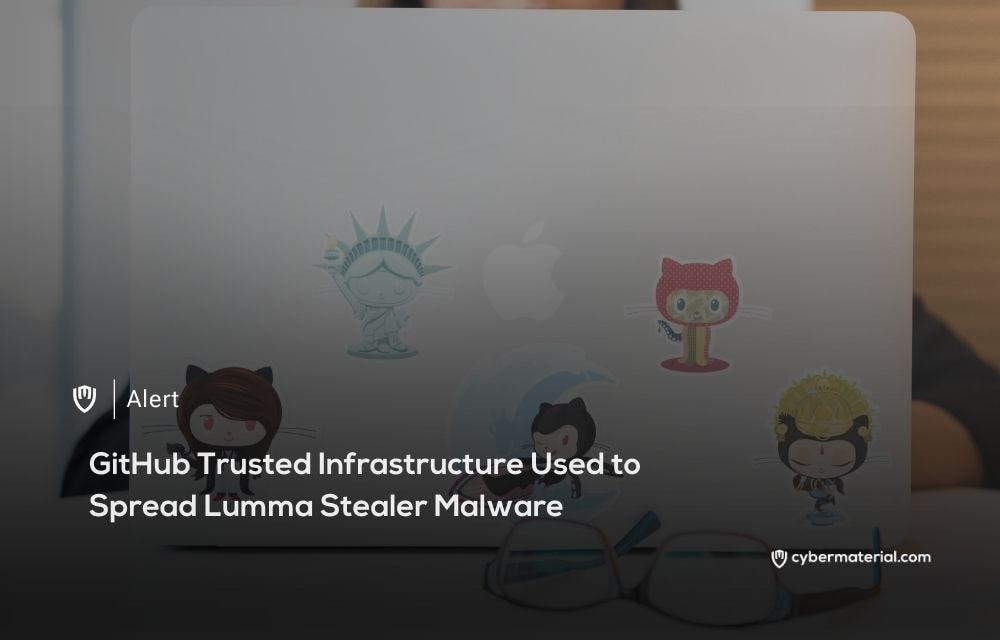
Cybersecurity researchers have uncovered a sophisticated cyber campaign that abuses GitHub’s trusted infrastructure to distribute the Lumma Stealer malware. This malware, which is part of a growing t…

Cybersecurity researchers have uncovered a sophisticated cyber campaign that abuses GitHub’s trusted infrastructure to distribute the Lumma Stealer malware. This malware, which is part of a growing t…